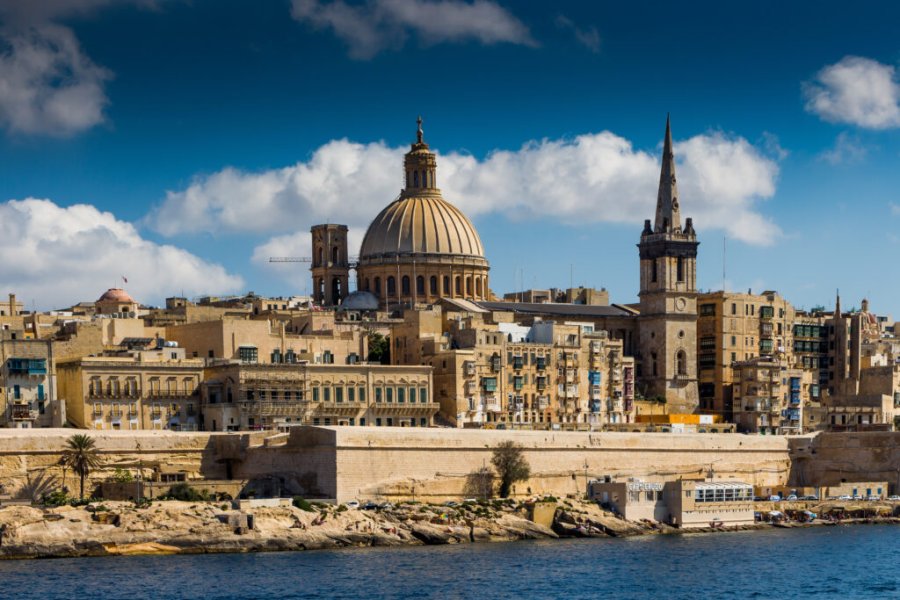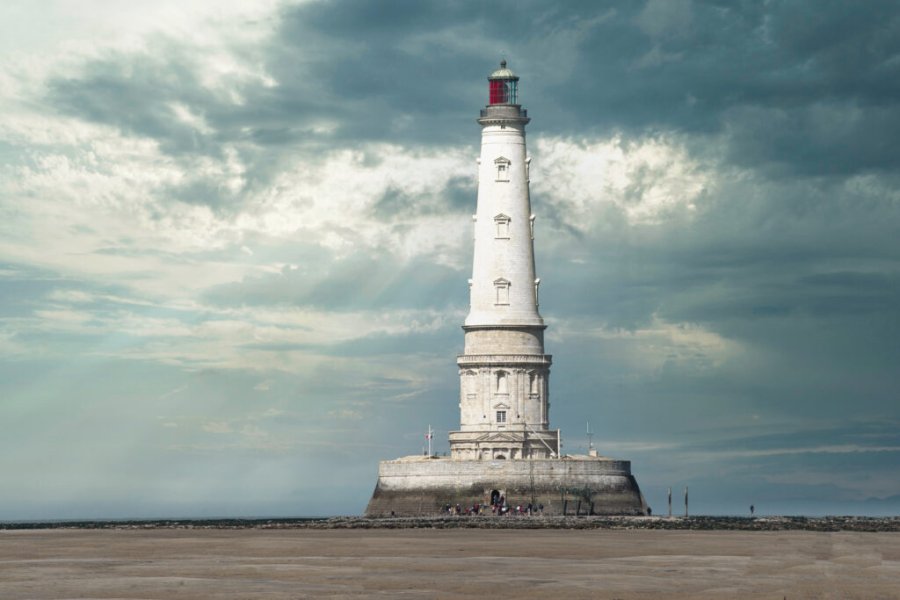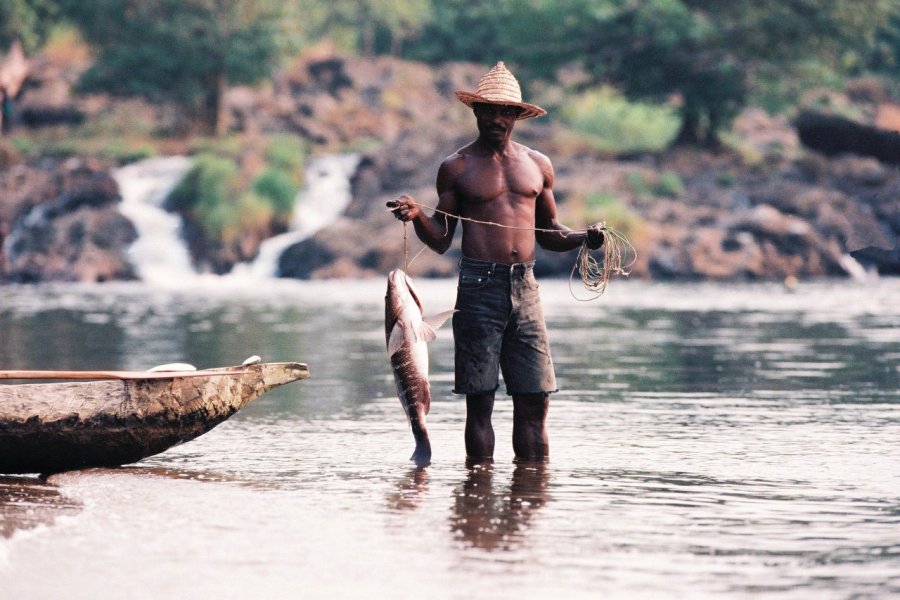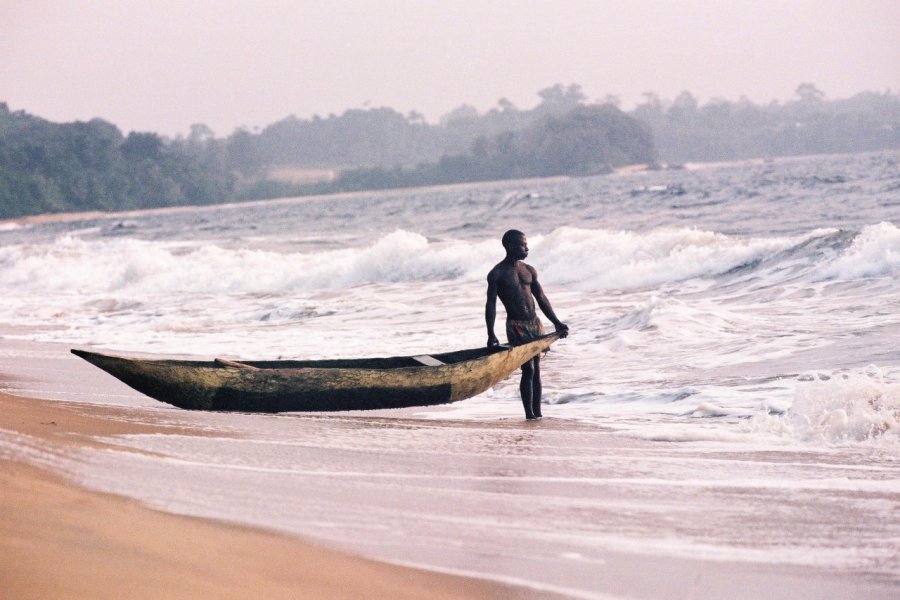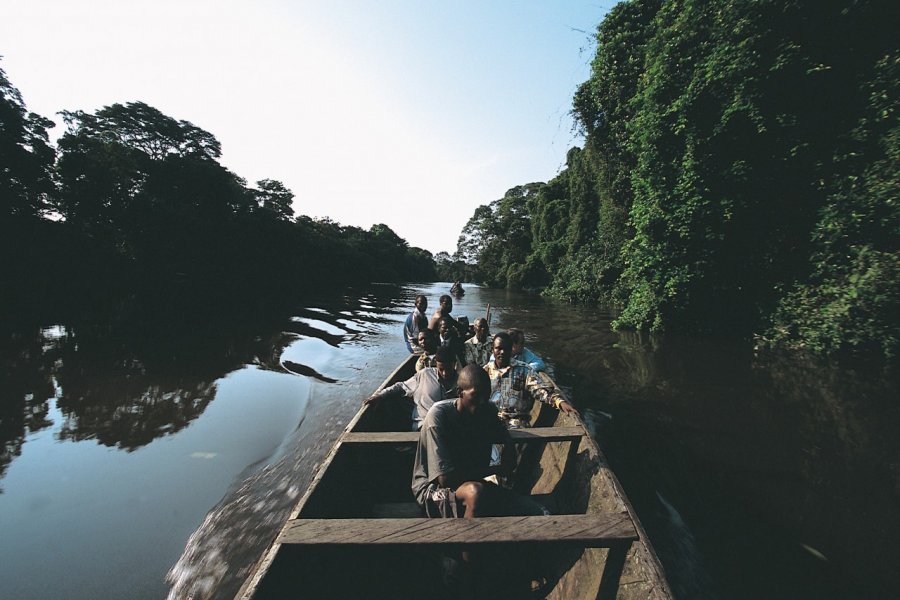Travel Guide Kribi
Find an accommodation
Advertising
Fine sandy beaches, coconut palms, a coastline that stretches as far as the eye can see... Every year, the "Cameroon Riviera" attracts tourists from Cameroon and beyond. Radiating beyond the limits of equatorial Africa, Kribi, a veritable African seaside resort, welcomes holidaymakers in search of the absolute tranquillity and gentle art of living that have made it such a success. A veritable jewel of nature, Kribi, capital of the Ocean department, has managed to make the most of its gift. From the moment you enter the city, the entire coastline has been populated with "waterfront" hotels of varying standards, catering for all travellers and budgets. A true vacation destination, the seaside is home to the most prestigious hotels and the most modest straw huts, all with the same goal in mind: to enjoy the seaside, swimming days and the fruits of local fishing.Lounging on the beach all day becomes more than an option, it's a must. Spending time in Kribi also means observing life at the rhythm of fishing, tasting fresh fish and seafood around a brazier, quenching your thirst with fresh coconut water and, above all, bathing, alternately in the sea and in the fresh waters of the Lobé estuary.And the presence of supertankers offshore hardly spoils the scenery.The port of Kribi : in the evening, fishermen in pirogues returning from a long day at sea repatriate their catch. A deepwater port originally built by the Germans, Kribi is now the oil terminal of the Chad-Cameroon pipeline. Crossing the bridge over the Kienké, built by the Germans at the beginning of the last century and submerged by the waters of this river during the great floods of August 1998, makes for a pleasant stroll. In the administrative center, facing the sea, you'll still find a number of colonial buildings from the German era, including the prefect's residence and the former palace of the German governor.The town of Kribi is also worth a visit. In 2014, major urbanization work transformed the town. Today, you'll discover a town with wide avenues and roads. Unfortunately, many small stores and bars have been demolished to make way, robbing the town of a certain charm. You can, of course, go to the central market (by motorcycle cab, the most common mode of transport, but not the safest), where most of the town's roads converge, or visit the pretty white-and-orange-fronted church on the harbour. Adjacent to the landing stage is a marina with deep-sea fishing boats, where you can buy fresh fish caught in the morning and then feast on shrimps and braised fish in one of the small restaurants nearby.Construction and development work on the autonomous port of Kribi was completed in 2015. Although the first large ships docked in 2017, these colossal works (estimated to be worth almost 200 billion francs) have unfortunately not had the desired effect, as the port is not linked by infrastructure worthy of its size to the country's main urban centers. What's more, the comings and goings of trucks have spoiled one of the most beautiful parts of the Grand Batanga coast (after the Lobé Falls). But you will still find a few "privatized" beaches where you can order a picnic with grilled fish..History. At the turn of the 1990s, construction began on the Kribi-Edéa highway. The previously isolated region became one of the country's most important economic centers. Timber, cocoa and soon oil generated considerable revenues, which were further boosted by weekend tourism.Once populated by Pygmies, the town and region are now mainly inhabited by two ethnic groups, the Mabi and the Batanga. The Fang, who owe their fame to the long masks you can find in any shop in Cameroon, also populate the coastline. The Pygmies now only live in small hamlets inland.
What to visit Kribi?
Advertising
Weather at the moment
Advertising
Organize your trip with our partners Kribi
Transportation
Book your plane tickets
Car Rental
Boat rental
Accommodation & stays
Find a hotel
Holiday rental
Find your campsite
Tailor-made trip
Immersion travel
Services / On site
Activities & visits
Find a doctor











